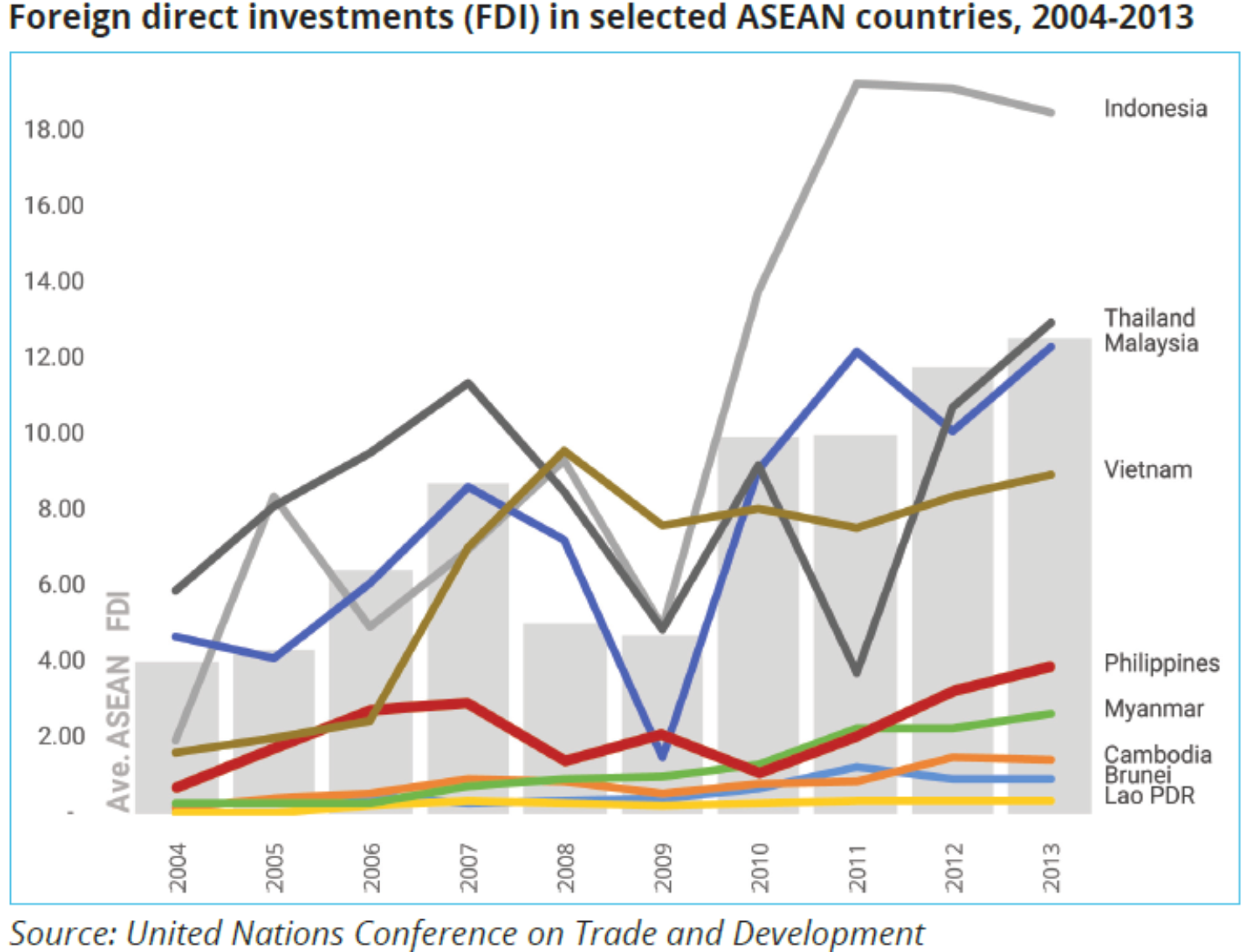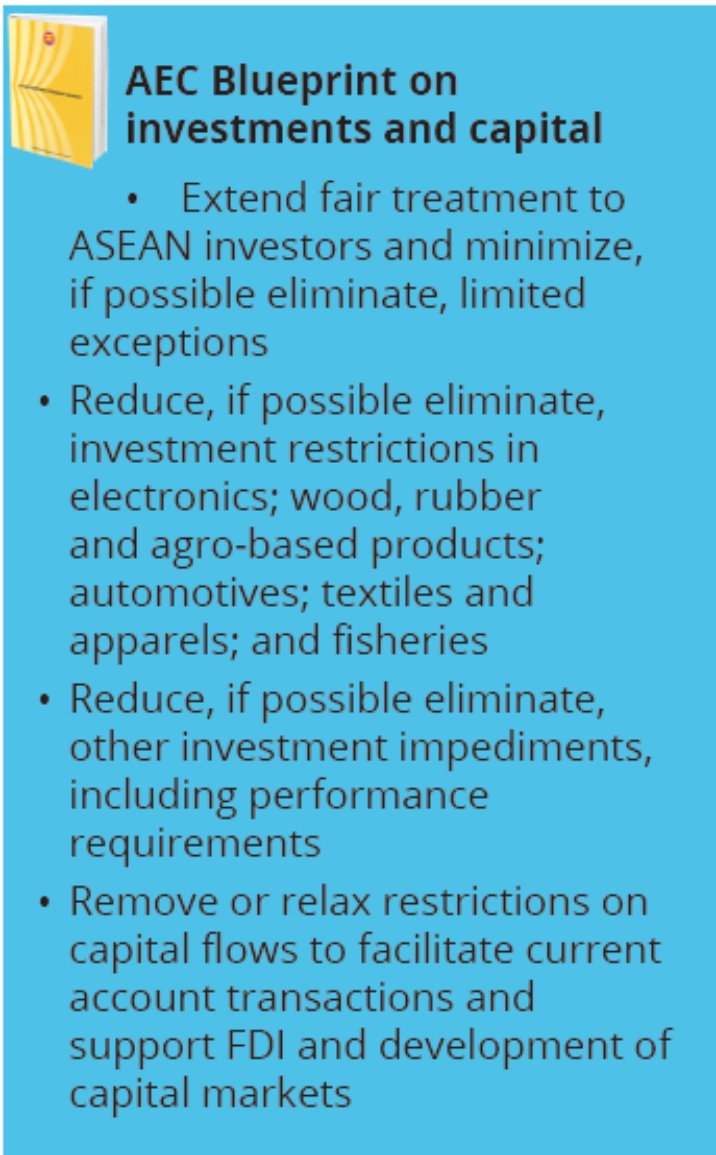Filipinos are strongly positioned to benefit from job opportunities of the ASEAN Economic Community (AEC). But the Philippines has to do more in terms of opening up to foreign investors and enabling an environment for fair competition.
Former Socioeconomic Planning Secretary Cielito Habito, who is Chief of Party of the USAID Trade- Related Assistance for Development, said that one of the possible reasons why the share of jobless workers in the Philippines is higher compared with other ASEAN countries is because our neighbors are more open to foreign direct investments (FDI).
Habito noted that the Philippines is the only ASEAN country where the constitution enshrines foreign investment restrictions in certain areas, including public utilities, educational institutions, mass media and advertising.
“For example, Johns Hopkins University is already established in Singapore and Malaysia. We could have attracted similar investments if only the Philippines is more open,” said Habito.
From 2001-2010, FDI to the Philippines averaged only at US$1.5 billion annually. While it doubled to US$3.9 billion in 2013, it continues to lag and the gap between the Philippines and those of other ASEAN countries in terms of FDI has widened (see graph below).

The ASEAN Comprehensive Investment Agreement (ACIA) was signed to liberalize intra-regional investments. However, the Philippines listed 19 reservations or domestic measures that do not conform with some of ACIA’s provisions. All 19 reservations cited the 1987 Constitution as among the legal bases.

Habito said that lifting or minimizing restrictions on foreign investments and capital will likely improve the quality of our services and workers. “It will also increase competition, resulting in improved industry performance and productivity, with lower cost and higher efficiency.”
Another imperative is to pass a unified competition/ anti-trust law. Gilberto Llanto, President of the Philippine Institute for Development Studies (PIDS), said that this will address issues of monopoly, cartel, abuse of power and consolidation.
“There are existing sector-specific laws in the Philippines that bear the aspects of competition law, but these are not consolidated into a single and coherent policy or framework,” said Llanto.
With about seven percent of the Filipino workforce unemployed, Habito said that any further opening on investment and capital flows can only benefit the labor market.
“We could probably bring our unemployment rate down to the normal level in ASEAN, which is only between two and three percent,” said Habito.
Click here to download a PDF copy of the NEDA DevPulse Vol. 17 No. 1 2nd Semester 2014 issue.



